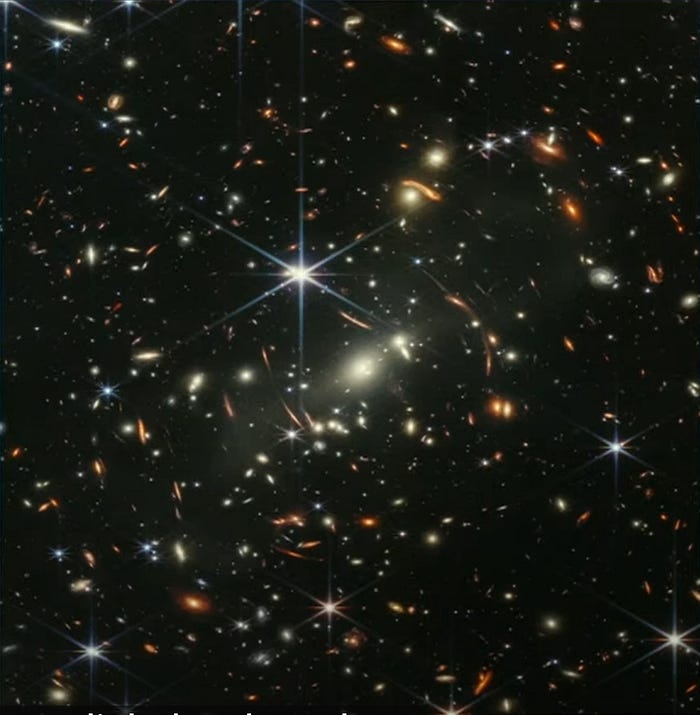In the latest edition of the best and brightest from the world of science news, discover how DNA tests and fish poo can help coral, and a realistic view on the difficult recycling problem. ScienceSeeker editors' favourite posts within their respective areas of interest and expertise also cover many other important and exciting topics. Why not have a read, inform yourself, and indulge your scientific curiosity?
- James Webb’s record-breaking first science image: explained by Ethan Siegel at Starts With A Bang
 |
| This image, of galaxy cluster SMACS 0723, is the first full-colour, multiwavelength, science image taken by the JWST. Credit: NASA/JWST team, via PBS/White House briefing |
- Sorry, Summer by Tara Parker-Pope for The New York Times
- How Fish Poop Might Help Corals Overcome Bleaching by Derek Smith at Hakai Magazine
- New DNA test aims to help bust illegal trade in precious red coral by Kristy Hamilton at Mongabay
- Make Plastic Recycling Better by Tony at The Polymerist
- The Controversial Plan to Unleash the Mississippi River by Boyce Upholt for Wired



